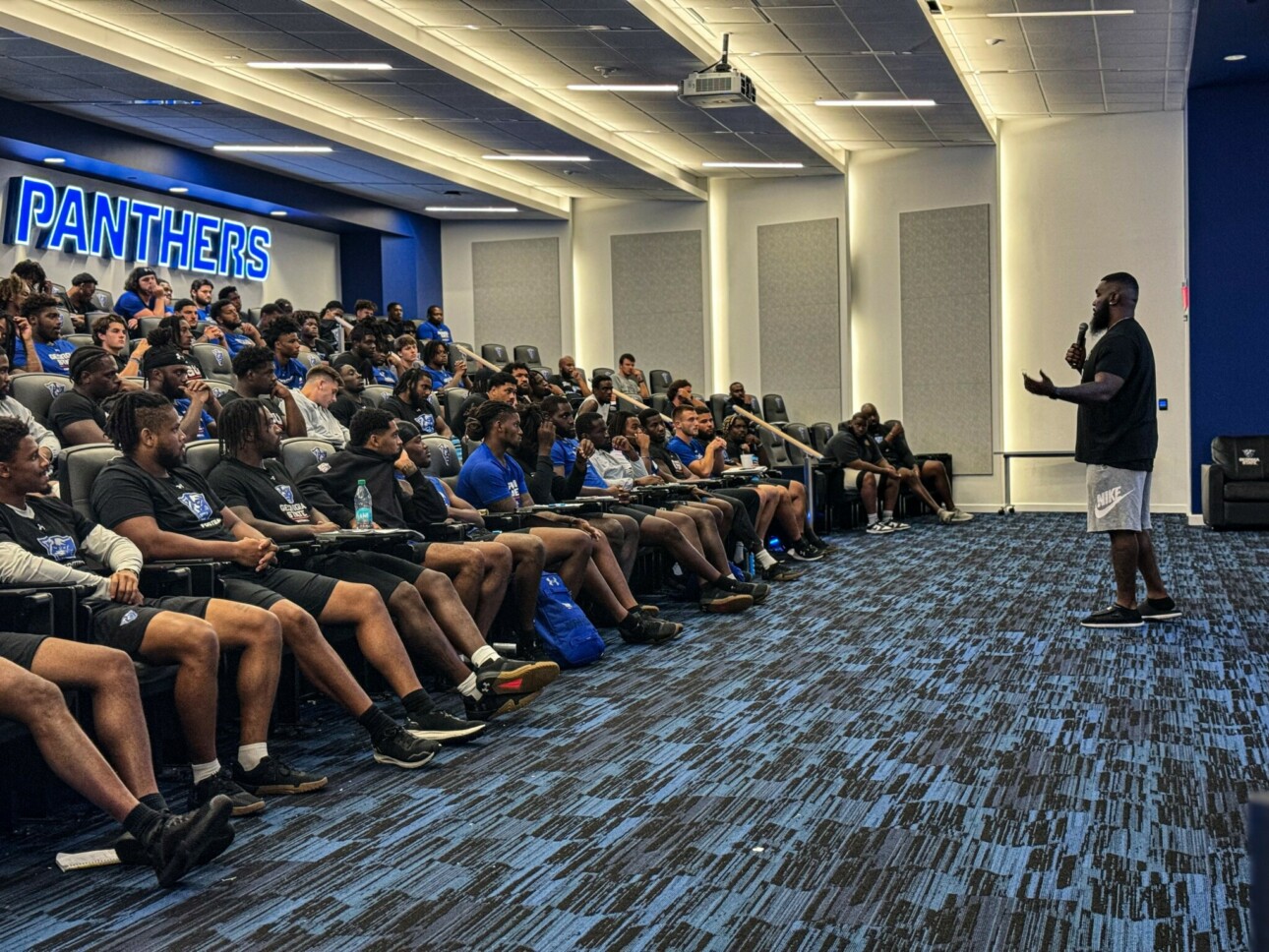One of the most important ways to have a large impact in life is by focusing on communities that are ignored and overlooked. These communities are often the ones most in need of help, tools, and services but for a variety of reasons the largest players in most industries chose not to work on serving them. We’ve been so touched by the thousands of members of our community who are working on serving the underserved from tackling food deserts to building empowering solutions for the neurodiverse. Each week, you’ll find us highlighting folks serving underserved communities.
Brianna Johnson

I was born and raised in Chicago, a city known for its resilience, hustle, and creativity. That environment shaped me into a go-getter from an early age. At just 14 years old, I started my journey in fashion and beauty, opening two clothing stores and hair salons by the time I was 22. I always had an entrepreneurial spirit and a deep desire to create something bigger than myself—something that would empower others and provide financial freedom. Read more>>
Chad Brown
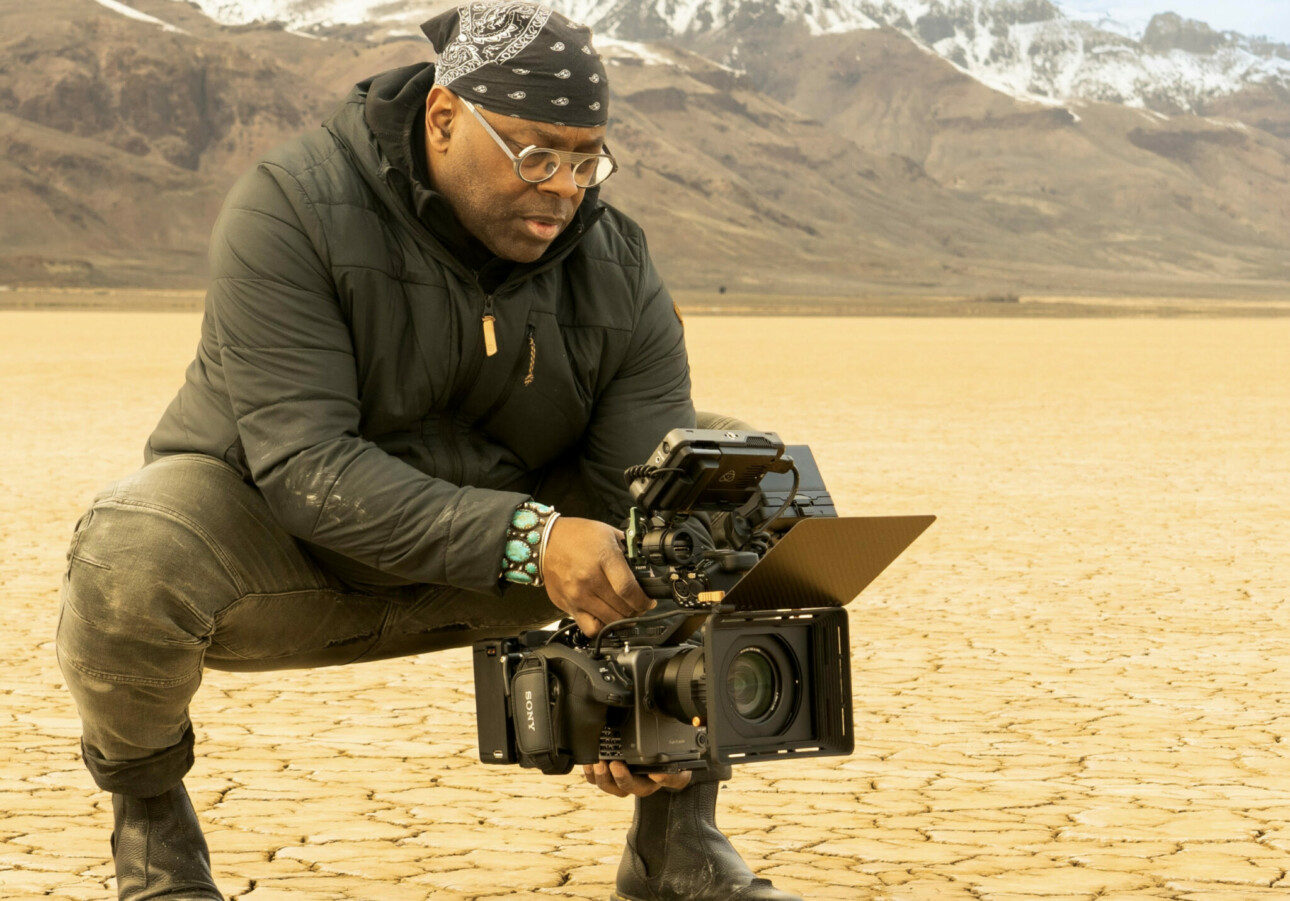
My professional endeavors span a multitude of dimensions within the creative sector, integrating entrepreneurial efforts with a mission centered on conservation that prioritizes humanity, public lands, freshwater resources, wildlife, and the advocacy of indigenous cultures and their rights across the United States. As a combat veteran of the Navy who participated in both Desert Storm and Operation Restore Hope in Somalia, I returned from military service carrying profound emotional wounds. Many veterans encounter similar difficulties upon reintegration; we frequently experience disconnection from our former lives and grapple with reestablishing ourselves in society after enduring trauma that shifts our outlook. Read more>>
Tessa Nguyen
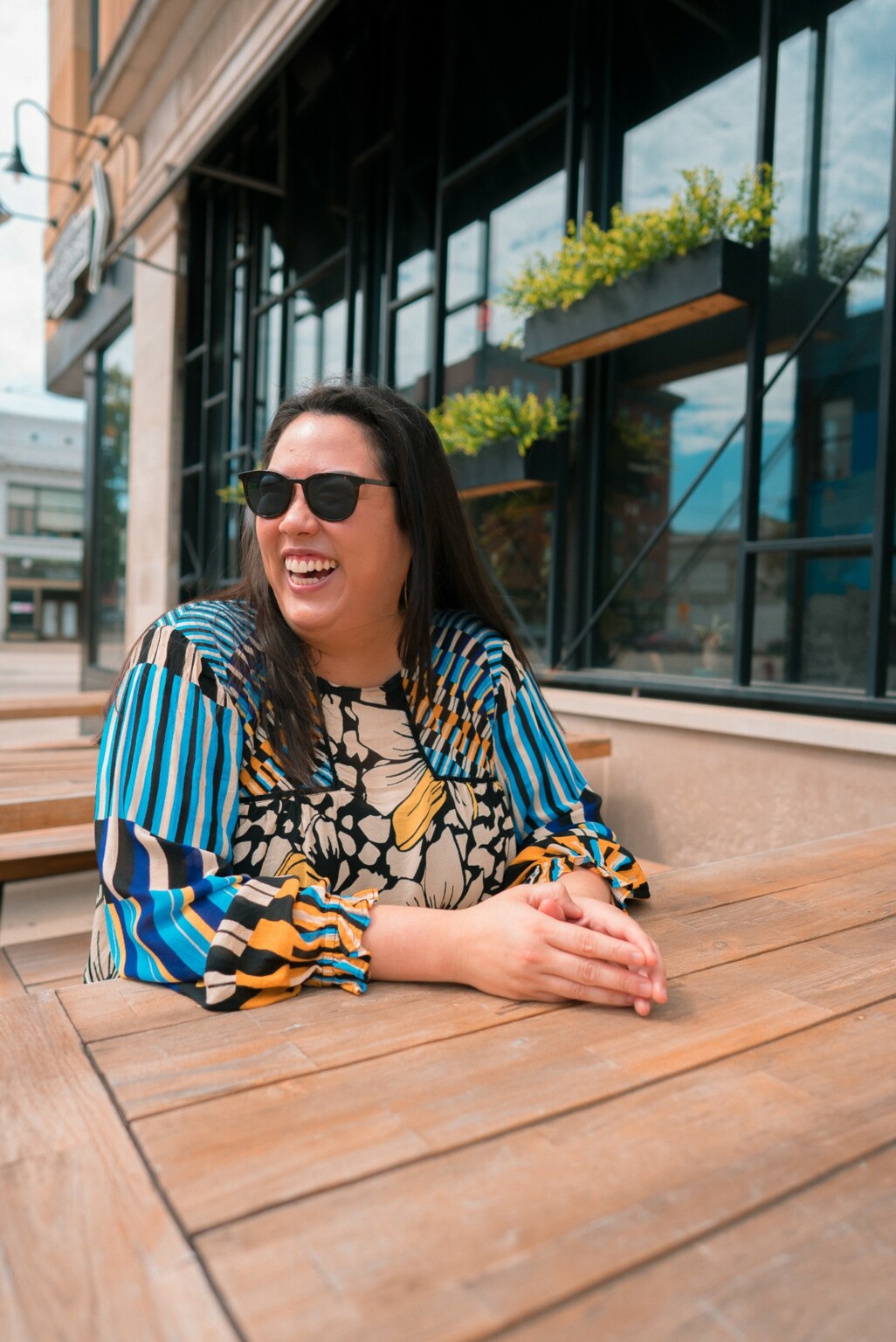
I started my business because I never saw healthcare providers who looked like me or ate like me. There was such a disconnect from the Eurocentric norms they touted as the “healthiest” from how I was raised and how I was living. This created years of shame in my cultural foods and foodways, when that should never have been the case. This followed me into my work as a chef and registered dietitian, never feeling comfortable to be open about the diverse foods I grew up with and afraid to be too “ethnic” in my recommendations for clients. Over time, I realized this was only making it harder for me to provide inclusive services for my clients and they weren’t receiving what they really needed to achieve their individual culinary and nutrition goals. Read more>>
Angela Self

Having a product that is priced in a way that allows a variety of demographics to purchase is very important to me! I can remember times when we were a young family and would visit the farmers markets and the fresh baked artisan bread just was amazing but a but out of our price range. I want to create artisan breads and pastries that are affordable so that people can have access to fresh baked goods no matter their demographic. There are areas in San Diego that are considered to be areas that are underserved when it comes to fresh and seasonal foods. There are farmers markets and vendor fairs that are set up in some neighborhoods that may have a harder time getting access to those fresh, seasonal items so I like to ensure that I can get my baked goods to those areas and can sometimes offer delivery for future purchasing. Read more>>
Nate Paxton
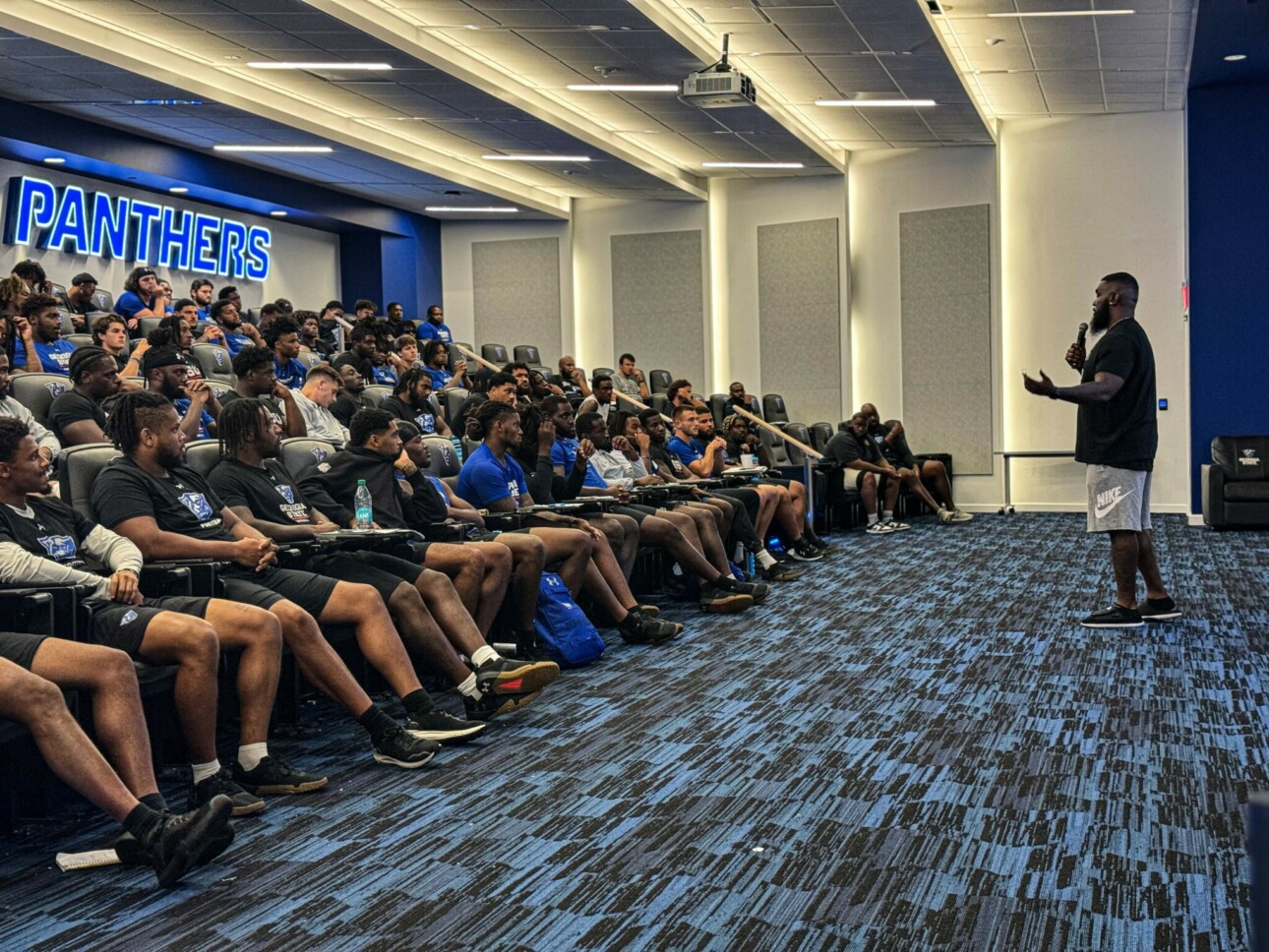
Yes, so I’ve recently launched my nonprofit called Just in the Nick of Time (JNT) and we serve the underserved community. Back story behind (JNT) is I grew up with very humble beginnings and no matter what my family and I went through GOD always showed up just in the nick of time for us. So I choose to be a vessel used by GOD to show up just in the nick of time for those people similar to my family. Read more>>
Eddie Francis
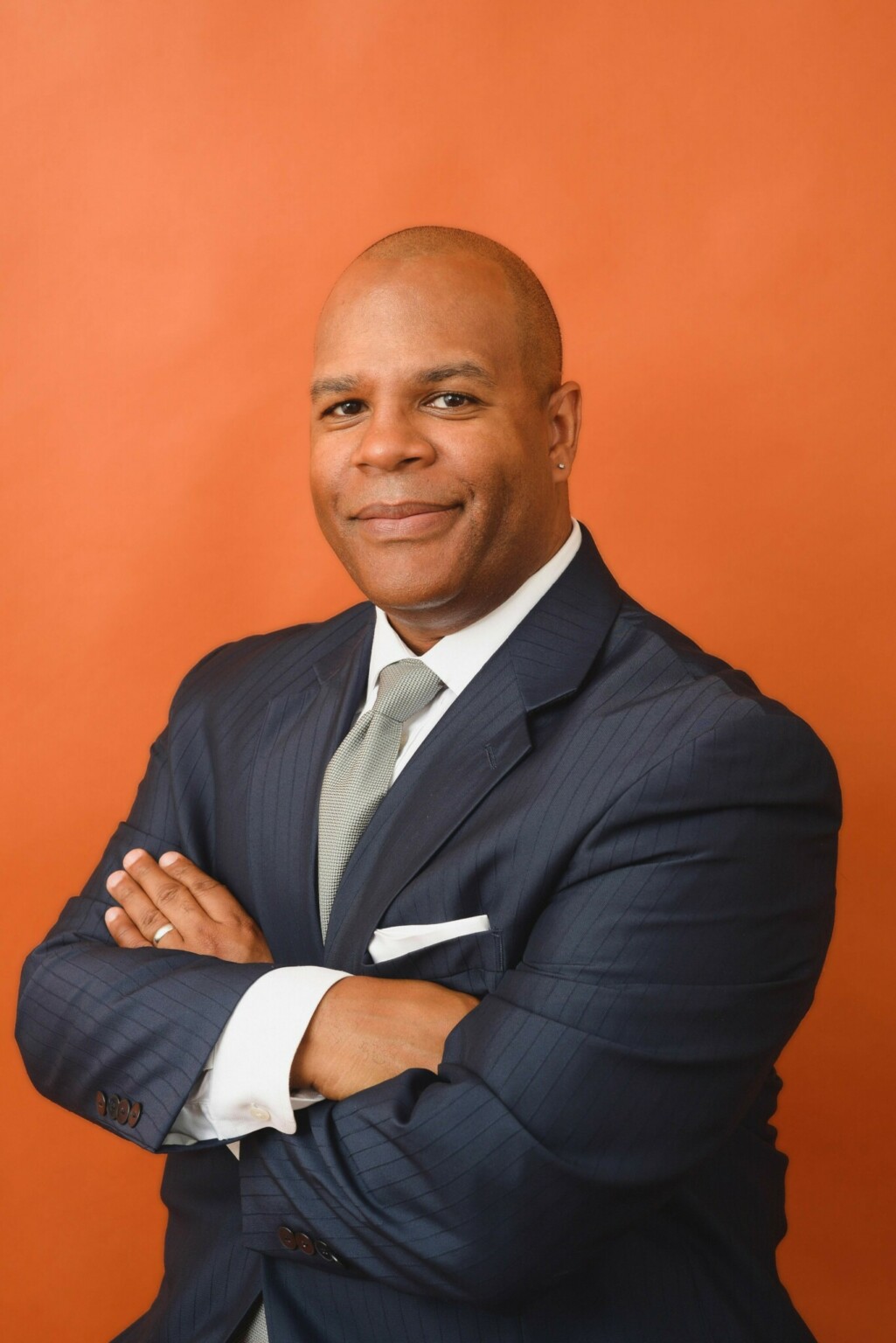
Small Historically Black Colleges and Universities (HBCUs) are some of the most underserved institutions in higher education. I worked at three of them as the head of marketing and communications, and I’m doing some work with a fourth. So, I’m intimately familiar with the issues.
Historically and systemically, HBCUs are under resourced, even the biggest and most popular campuses. Because of that, many struggle to afford the kind of high-level brand strategy services that many marketing agencies offer. I was fortunate enough to get that kind of support at one of the HBCUs where I worked but that was only because of an unexpected and large private donation. For the other two and the one I’ve just partnered with, however, working with a well-established marketing agency is almost always cost-prohibitive. Read more>>


